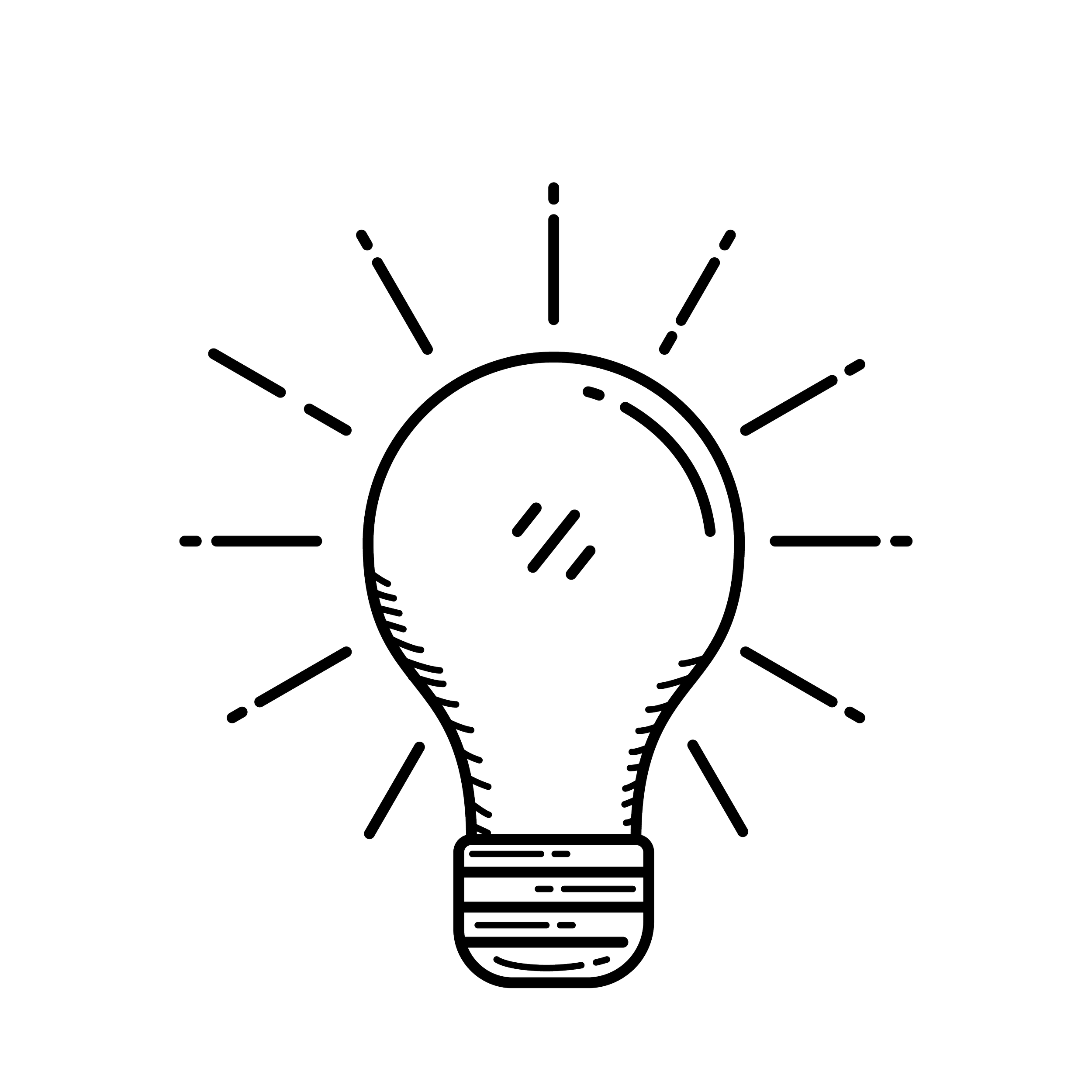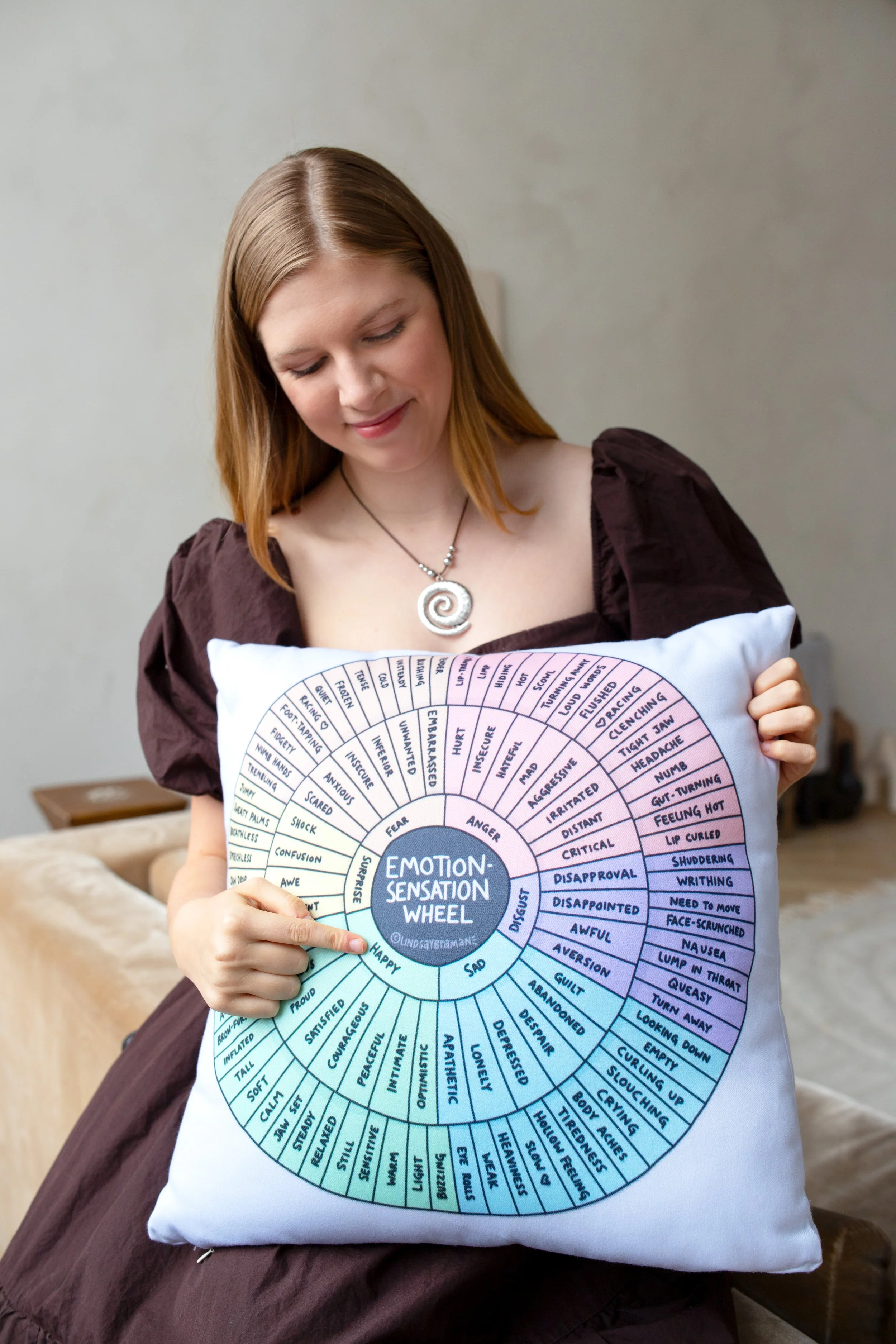
Therapy Styles
Inclusive Online Therapy Across Ontario
All our services are rooted in anti-oppressive practices. You belong here.
-
Queer & Trans Affirming
-
Neurodivergence Affirming
-
Racially & Culturally Affirming
Our Therapy Styles
We believe that your therapy experience should be as unique as you are! Our therapists are trained across a wide range of modalities, which they thoughtfully combine to best support your goals. Here are a few styles you may experience:
-
Acceptance & Commitment Therapy (ACT) uses acceptance and mindfulness to help you process difficult thoughts and feelings without judgment. You’ll work with your therapist to align your behaviour with your values. You’ll also learn to understand the connection between your feelings and thoughts in a way that feels true to you. ACT is a great choice for working through addictions, anxiety, depresion, OCD, PTSD, and stress, among other issues, and many neurodiverse people appreciate its focus on accepting your unique brain!
-
Art Therapy is a creative and accessible way to express yourself, heal, and have fun! By integrating creativity with whole body engagement, art therapy provides a unique way of processing experiences that can be achieved non-verbally. Your therapist may combine art therapy with additional talk therapy methods to best support your treatment. Art therapy is a great fit to support creative blocks, anxiety, depression, burnout, and trauma. To learn more about art therapy, click here!
-
Attachment Therapy takes a deep dive into your past to understand how experiences from your early childhood impact your ability to form secure and healthy relationships today. You’ll heal attachment wounds, strengthen your relationship skills, and form stronger bonds with people you care about. Attachment theory is often used to support anxiety, depression, trauma, and teen issues.
-
Cognitive Behavioural Therapy (CBT) supports the connection between your thoughts, feelings, and behaviours, zoning in on the present to help you change unhelpful behaviours and build healthy habits. CBT is one of the most researched methods of talk therapy, and can help with anxiety, depression, phobias, trauma, and much more. To learn more about CBT, click here!
-
Dialectical Behaviour Therapy (DBT) is a highly effective treatment for people with big feelings to learn coping skills and emotion regulation. With an additional focus on mindfulness, interpersonal skills, and distress tolerance, DBT helps you manage your emotions in a healthy and less impulsive way. DBT is a great fit for people struggling with addictions, self-harm, suicidality, and borderline personality disorder, among many others. To learn more about DBT, click here!
-
Emotion-Focused Therapy (EFT) focuses on your emotions and how they connect to your personal growth and relationships. EFT is experiential and can support you in identifying negative emotional patterns and transforming them to develop healthier interpersonal connections. EFT is especially helpful for anxiety depression, personal growth, and relationship issues.
-
Eye Movement Desensitization & Reprocessing (EMDR) is a specialized treatment for trauma that uses bi-lateral stimulation (back-and-forth movement) to encourage the brain to process memories that have gotten stuck. Through an eight-step process, EMDR will guide you through a trauma history, emotional safety building, desensitization to painful memories, and processing positive thoughts in their place. To learn more about EMDR, click here!
-
Gottman Method is a research-based approach to couple’s therapy designed to improve intimacy, conflict resolution, and communication skills. Using the “sound relationship house” theory, couples will work to remove barriers to their connection, increase empathy, and have healthy conflicts. Gottman Method is exclusively used in couple’s therapy, and can support a variety of relationship skills and challenges.
-
Internal Family Systems (IFS) is a model of therapy that views the mind as having “parts” which interact together in ways a family would. Together, these parts make up the self, which is made of compassion, wisdom, and harmony. IFS is often used to support anxiety, depression, personal growth, self-esteem, and trauma, among many others!
-
Motivational Interviewing (MI) allows you to explore your motivations and willingness to change by considering your level of conflicting feelings or ambivalence. Focusing on your autonomy and right to choose, MI can support you in making decisions that align with your desires and values. MI is especially helpful for working with chronic pain or illness, depression, life transitions, personal growth, and substance use.
-
Narrative Therapy positions you as the author of your own life story, acknowledging your position as the expert of your own life. By separating your identity from your problems, narrative therapy can offer some perspective on the things you’re going through, leading to alternative explanations and greater empathy. Narrative therapy is especially helpful for anxiety, ADHD, depression, eating disorders, grief, shame, and trauma.
-
Psychodynamic Therapy focuses on understanding repressed or unconscious emotions, especially from early childhood. Expressing and processing this feelings helps with gaining new perspectives, improving self-awareness, and supporting personal growth. Psychodynamic Therapy is often used to support anxiety, depression, life transitions, personal growth, and relationship issues, among many others!
-
Solution-Focused Brief Therapy (SFBT) is a strengths-based approach that focuses on future solutions over past problems. SFBT acknowledges the client as the expert on their own life, and works to quickly and effectively address problems in a solution-focused manner. SFBT is especially useful for addiction, anxiety, depression, goal-based issues, and relationship issues, among others.
What We Support
“All our therapy styles are person centred, anti-oppressive, flexible, and grounded in cultural humility. We believe in deep respect, care, and compassion.”
— Sarah Stapleton (she/they), Founder & Clinic Director
What healing looks like:
→ Waking up with clarity to feel motivated, rested, and excited for the day ahead.
→ Fully liking and loving yourself, celebrating your differences as unique strengths.
→ Actually coping with overwhelm and stress - without the unhealthy habits.
→ Having confidence in yourself and fully accepting who you are: flaws, quirks, and all!
→ Healing from past traumas and finally feeling in control of your life and emotions.
→ Finally understanding why you have been struggling and stuck - the actual root of what’s going on.
. . . . . . . . . . . . . . . . .
We know that healing will look different for everyone. We take time to match every person to the best fit therapist on our team. If your healing journey is best supported by strategies other than therapy, we will refer you to someone who can help!
Why choose Counterspiral Care?
We know that when you’re caught in an emotional spiral, it can feel impossible to get out.
Together, we’ll create your “counterspiral”: an antidote to emotional spiralling rooted in care, authenticity, and a celebration of your whole self. Your counterspiral is a toolbox filled with strong communication skills, emotion regulation, and healing work that can support you through building the life you’ve dreamed of.
A strong therapeutic journey needs vulnerability, curiosity, and a willingness to do the work, but you’ll never have to do that work alone. We believe that with the right support, hard work, and a hopeful attitude, transformation is possible.
We practice through the principles of Diversity, Equity, and Inclusion. All bodies and identities are welcome and celebrated here, and our team is extensively trained in best practices for working with diverse populations. Most importantly, we’ll show up authentically alongside you, drawing from our own lived experiences as members of marginalized communities too.
You belong here. Welcome.
Let’s get started.
Submit this form to receive a free therapy consultation with our team. We’ll be in touch by phone or email within 24 hours. We can’t wait to meet you!








